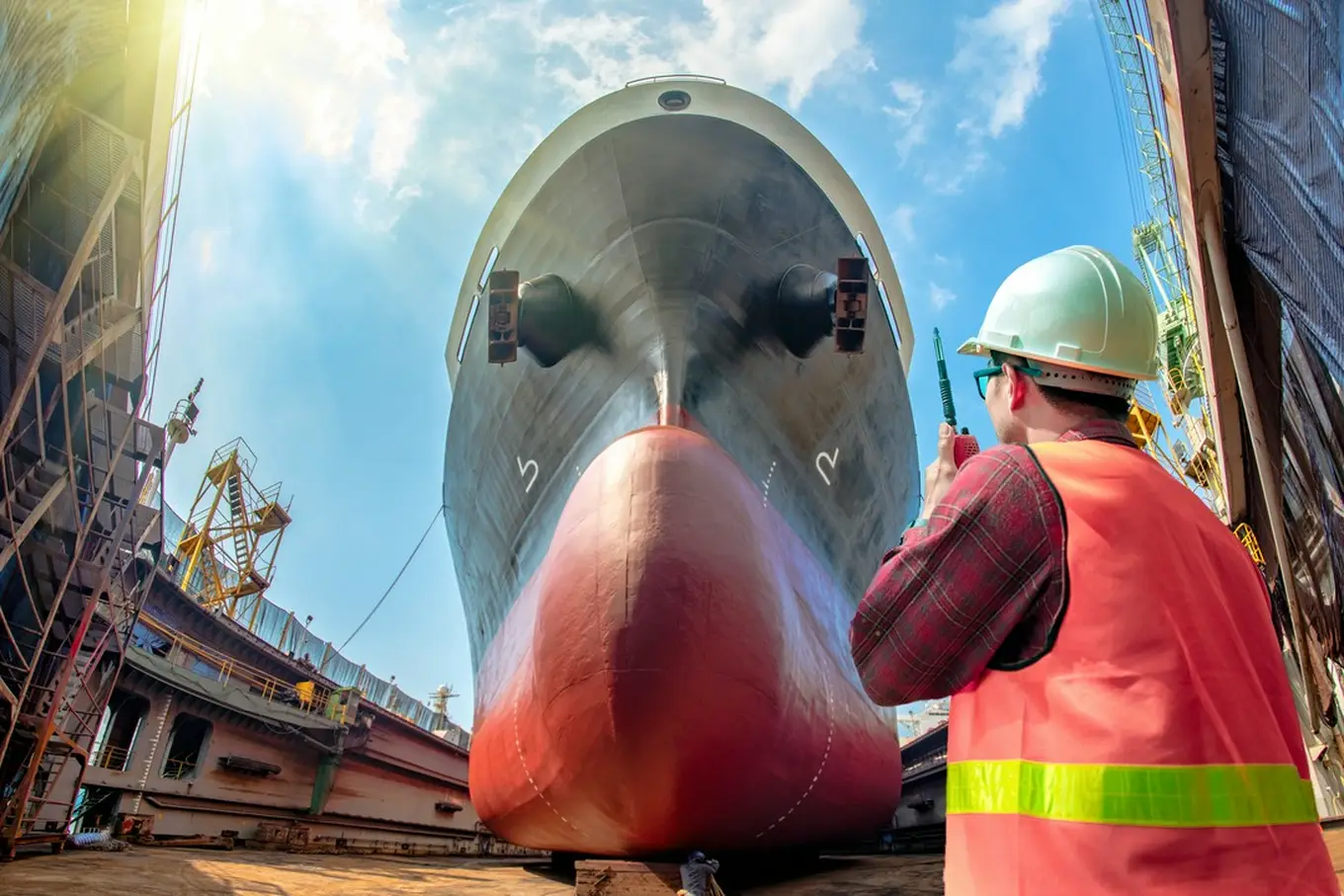The shipbuilding industry plays a crucial role in the global economy, dealing with the design, construction, and maintenance of various types of vessels. It encompasses a wide range of activities, from the construction of powerful container ships and tankers, through military vessels, to luxury yachts and passenger ferries. This industry is characterized by a high degree of technological complexity and requires specialized engineering knowledge, combining many fields such as mechanics, electronics, automation, and materials science. Success in this sector depends on innovation, precision, and the ability to meet stringent international standards.
Ship Design and Construction
Ship construction in the shipbuilding industry is a complex process that begins with meticulous vessel design. Designers must consider numerous factors, such as the vessel’s purpose, technical requirements, and safety standards. Designs are developed in specialized engineering offices, where advanced computer programs enable the creation of detailed 3D models. Once the design is approved, the construction phase begins, typically taking place in shipyards.
Fleet Maintenance and Modernization
The maintenance and modernization of vessels constitute another crucial element of the shipbuilding industry. Due to their intensive use and the harsh conditions in which they operate, vessels require regular inspections and maintenance to ensure their reliability and safety. Every vessel must undergo periodic technical inspections, which are meticulously planned and carried out in repair shipyards. During inspections, key systems such as propulsion, hull, navigation systems, and deck equipment are checked. Maintenance includes not only repairs but also the replacement of worn parts and the modernization of systems that may become obsolete over time. Fleet modernization is crucial for vessels to meet current technical norms and safety standards, as well as to improve their operational efficiency.

